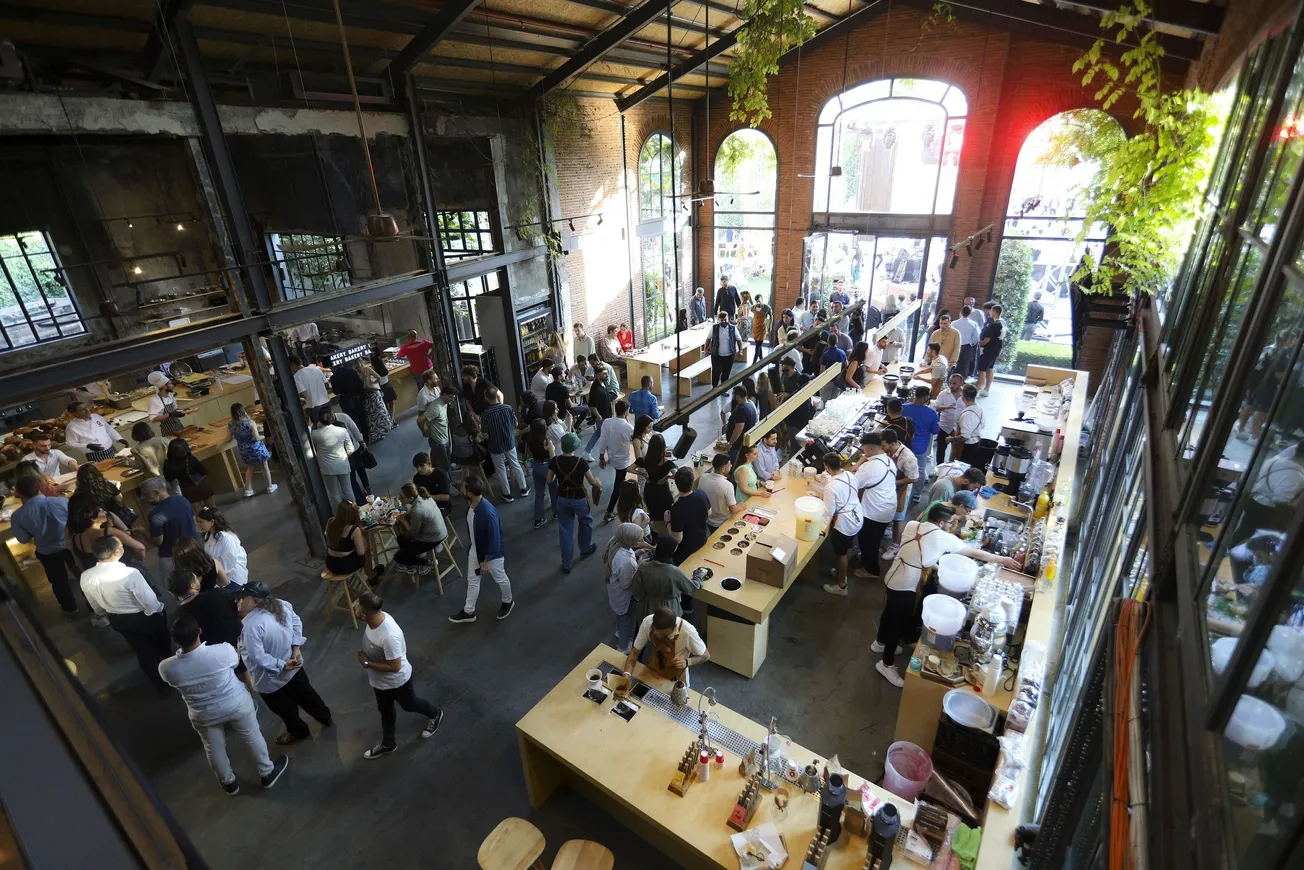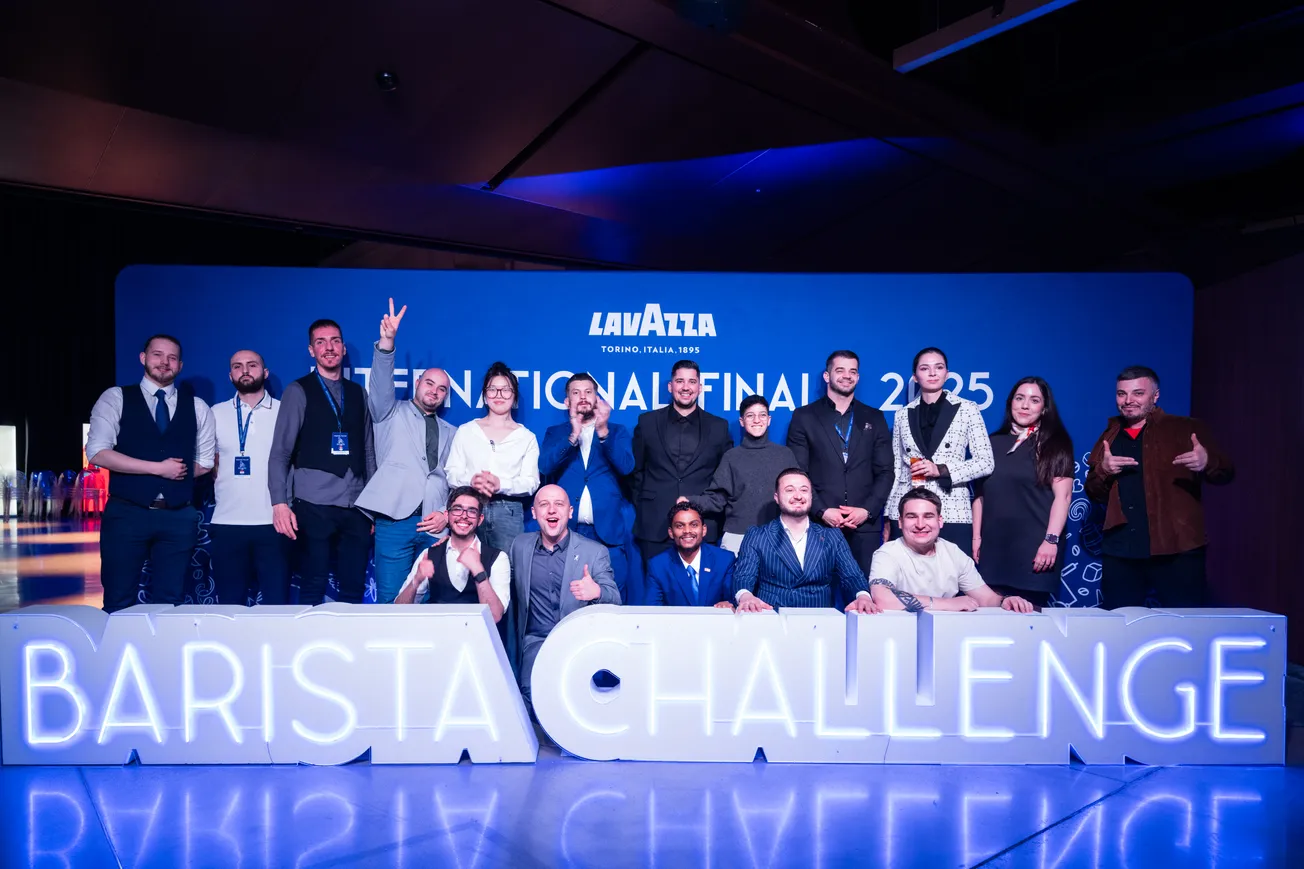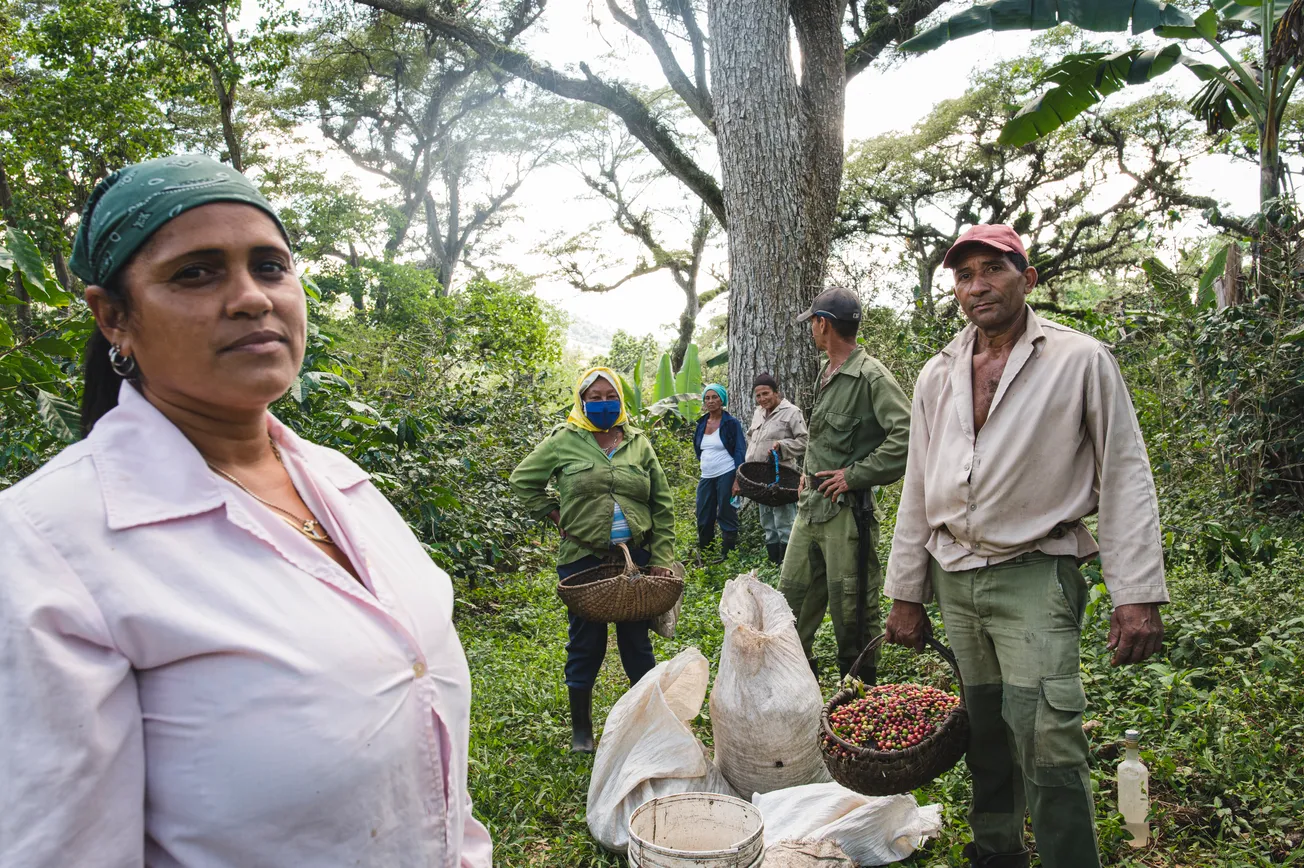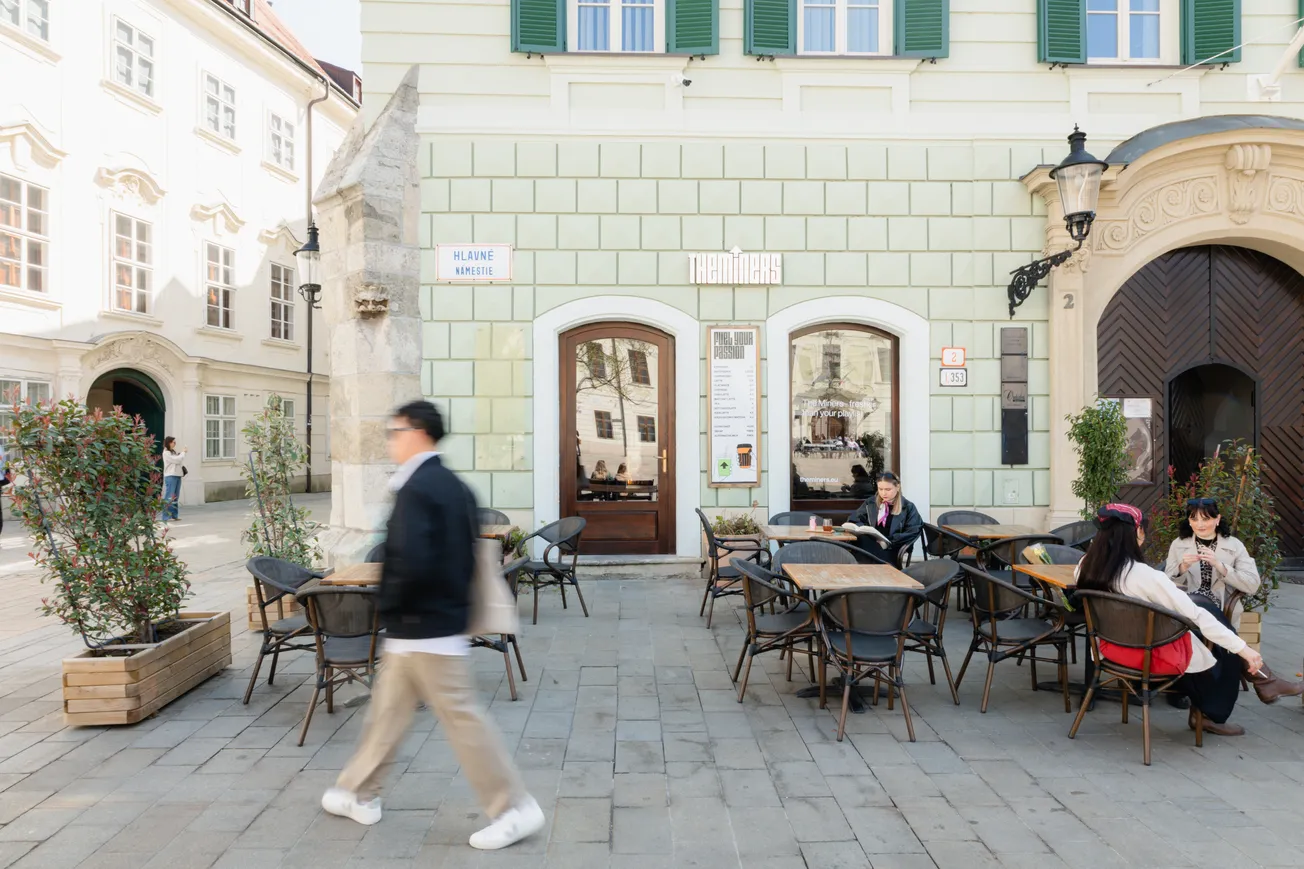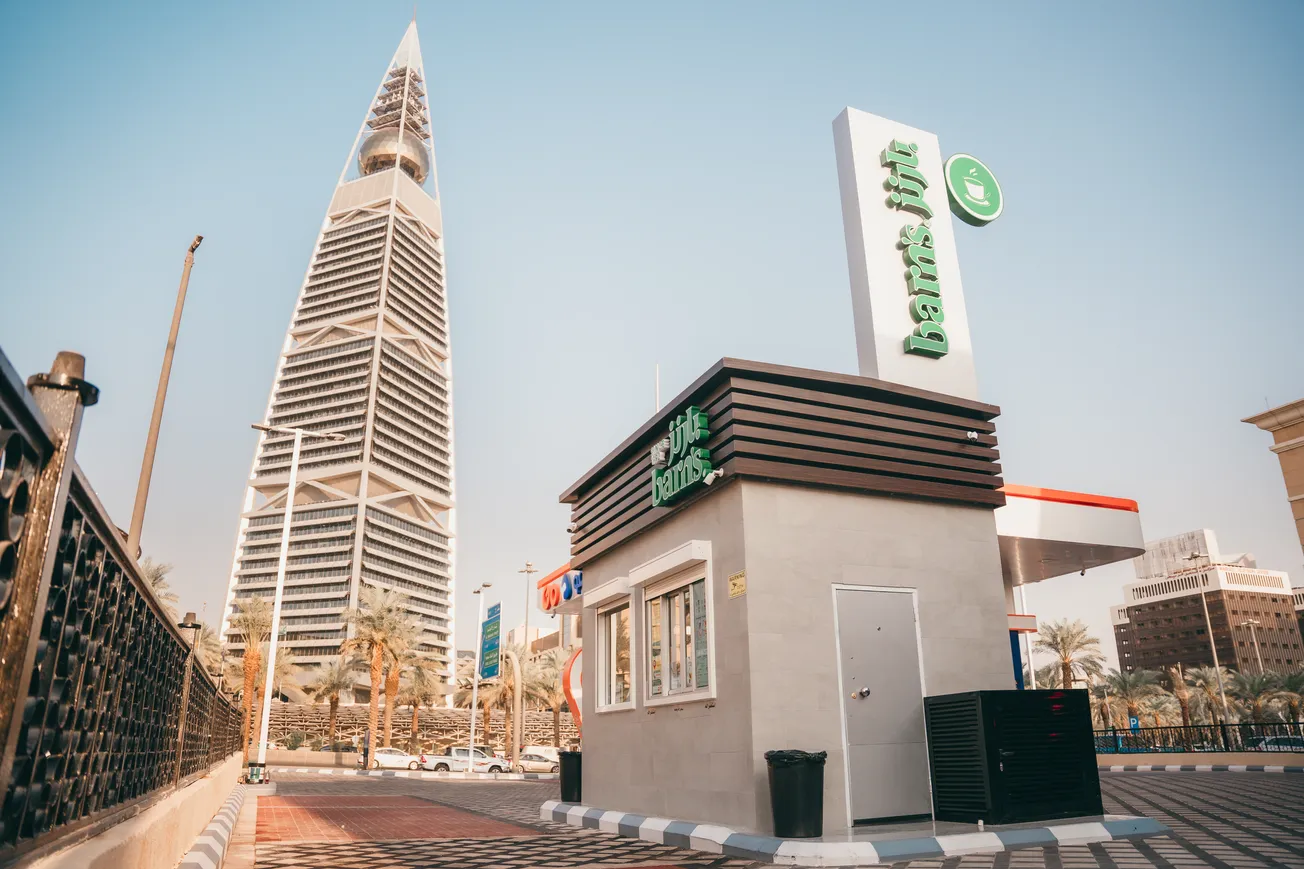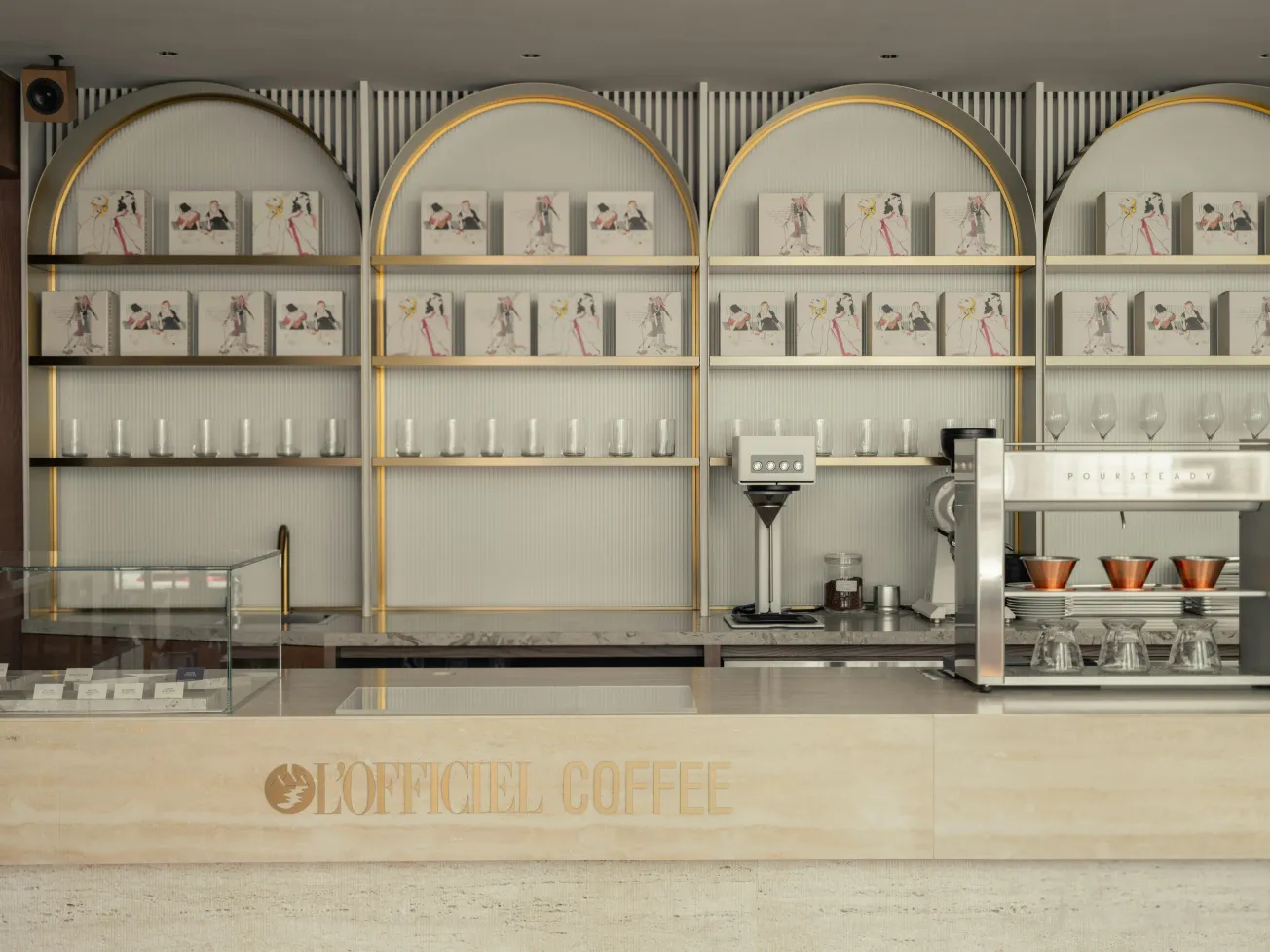Amid soaring inflation, Turkey’s branded coffee shop market defied economic gravity in 2023 and was among the fastest-growing by outlets in Europe. Deniz Karaman explores why even during tough times, Turkish operators continue to flourish in a market that is both steeped in tradition and firmly embracing international coffee culture
When two merchants from Damascus brought the first coffee from the Arabian Peninsula to Turkey nearly 500 years ago, little could they have imagined the colossal influence those humble beans would have. The world’s first coffee house, Kiva Han, opened in 1555 in Constantinople, then the beating heart of the Ottoman Empire, and kickstarted Turkey’s, and later Europe’s, caffeine obsession.
Traditional Turkish coffee brewed in an ibrik, or cezve, and served with characteristic sediment is a mainstay of daily life in Turkey, with a small cup still costing as little as TRY 7 ($0.22). However, the success of international coffee chains in Turkey, such as Starbucks, Caffè Nero and McCafé, alongside the development of modern domestic chains such as Kahve Dunyasi and Espressolab, means many Turkish consumers are as familiar with caffè latte as they are with the ibrik, particularly in major cities.


